While any solid relationship is built on love, trust and communication, it’s important to not lose sight of the simple fact that going through life has its own set of logistics as well. Dishes have to be cleaned, floors vacuumed and people need to eat. So when one partner feels they are pulling all the weight, resentment begins to grow.
A man asked the internet if he was wrong to call his unemployed and depressed partner lazy after she had gotten into the habit of simply doing nothing around the house all day. We reached out to the man who shared the post via private message and will update the article when he gets back to us.
It can be hard to feel good about your partner if you are literally cleaning up after them

Image credits: EyeEm (not the actual image)
So one man wondered if telling his girlfriend that depression was no excuse was perhaps too harsh
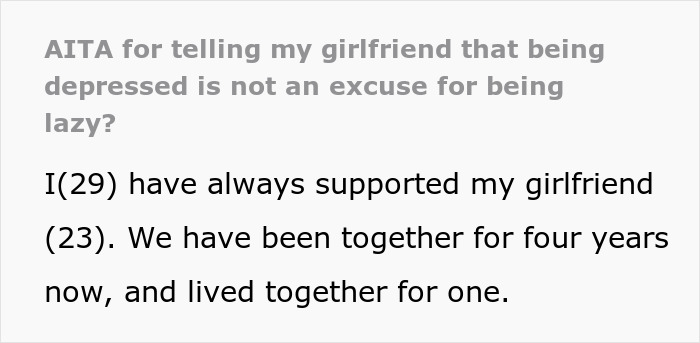
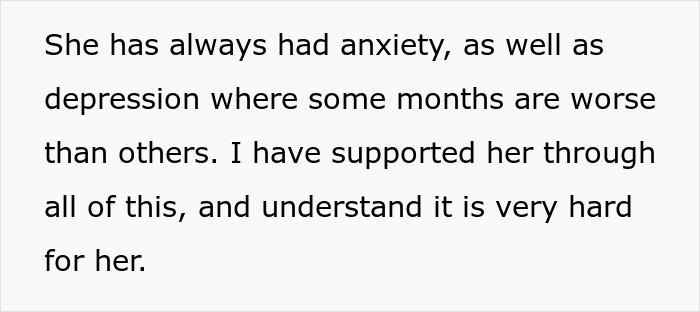
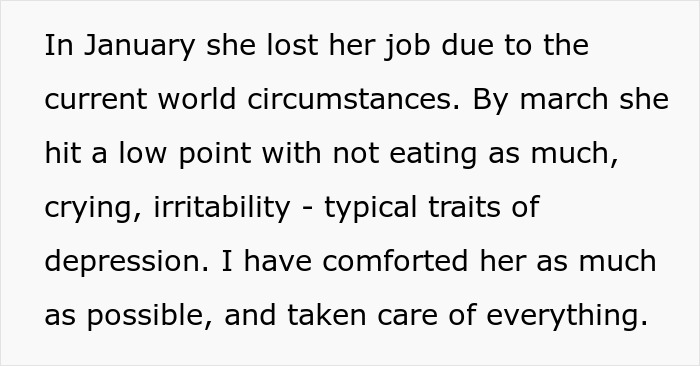
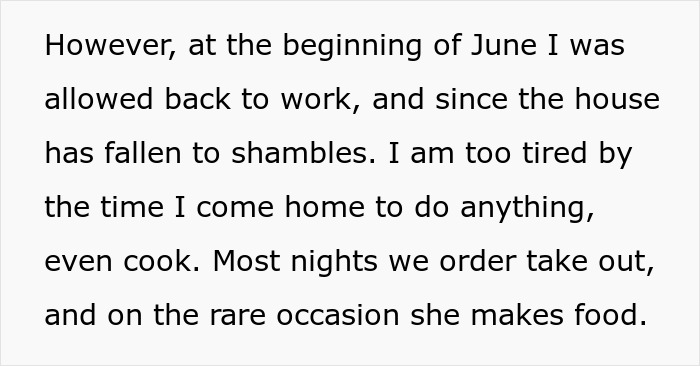
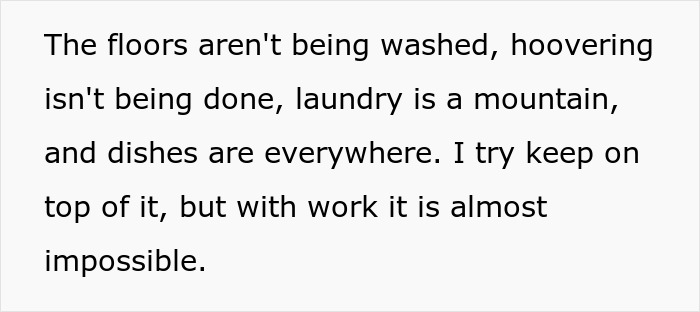

Image credits: freepik (not the actual image)

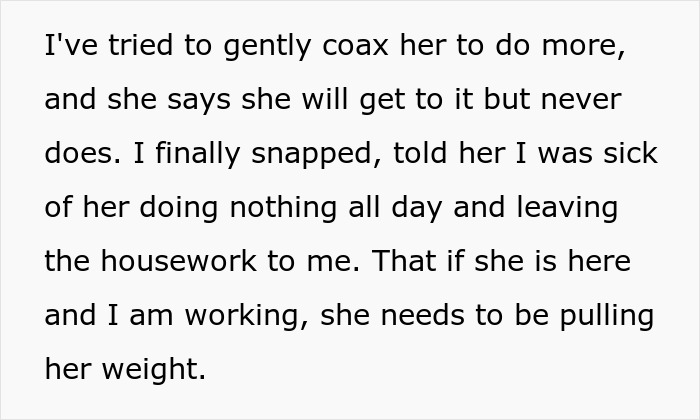

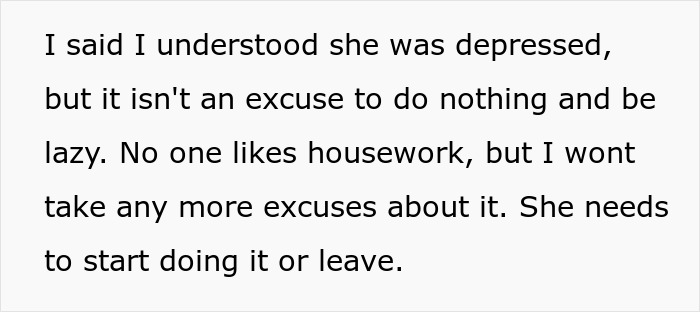
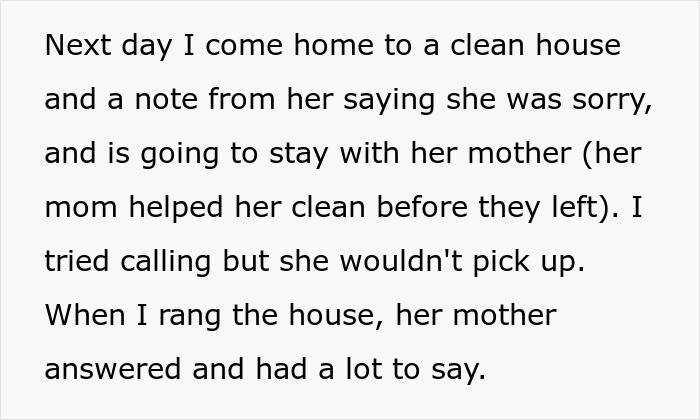
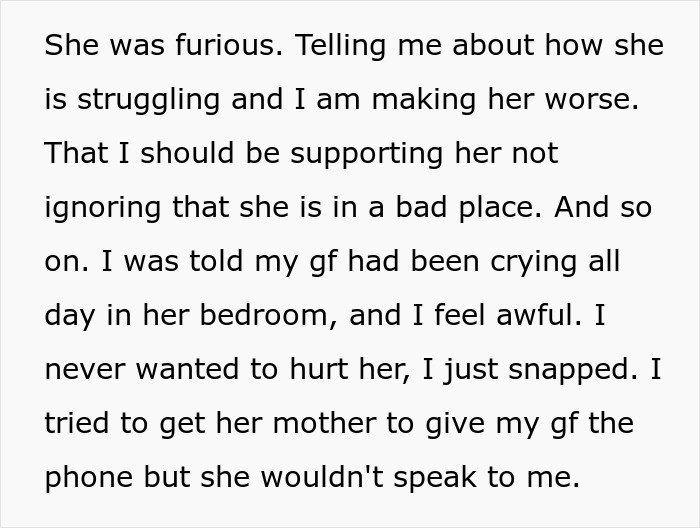

Image credits: benzoix (not the actual image)
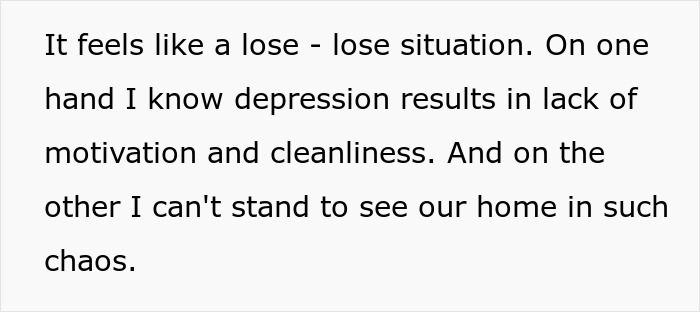
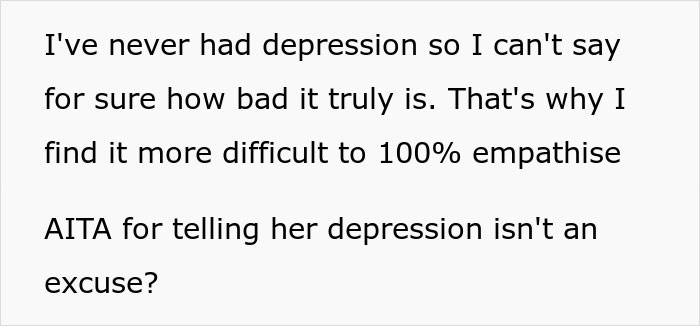
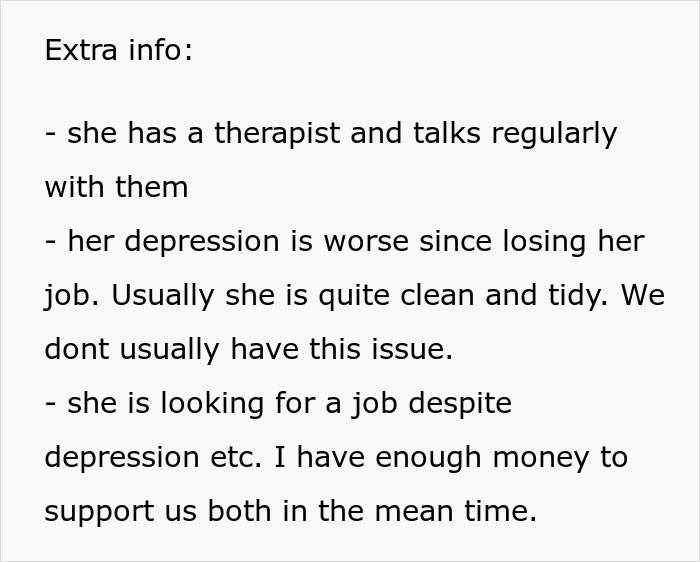
Image credits: Throwawayadvice236
Mental health issues can often take a toll on both partners
Depression in a relationship can make for a sensitive and often agonizing imbalance. There is the struggling partner, on one hand, laden with fatigue, lack of motivation, or hopelessness that renders even the most mundane chores insurmountable. On the other hand, there is the other partner who bears the extra burden of shouldering the duties alone, be it working for the household, taking care of finances, or just keeping the daily chores afloat. Both are true experiences, and both need to be heard. The problem is in how to talk about this inequality without increasing the hurt and reinforcing the stigma of depression.
First is to approach the conversation with empathy. Depression is not laziness, even though it can seem that way from the outside looking in. A partner who seems to be “not pulling their weight” may already feel guilty or ashamed for not contributing as much as they should, so direct accusations have a tendency to quickly make things worse.
Starting from a place of concern, speaking with “I” statements instead of “you” statements, keeps the focus on the impact instead of blame. For example, “I feel overwhelmed handling everything by myself” opens the door far more effectively than “you’re not doing anything.” In this story, we’re seeing the alternative approach of this concept, where the man’s statements, while having some merit, come off as attacks.
Timing and tone also matter. Trying to bring up sensitive topics in the heat of frustration often leads to defensiveness. Instead, it helps to choose a calmer moment and frame the discussion as a joint problem to solve. Phrasing it as, “How can we do things so that they work for both of us at this moment?” invites collaboration rather than confrontation.

Image credits: wavebreakmedia_micro (not the actual image)
Communication is key, but it has to be handled correctly
This lets you talk about functional changes, doing something different, lowering expectations on something, or developing low-stakes goals that feel within reach for the hurting partner. It is also important to label limits on what a partner can do. To love someone with depression is not to try and fix them or to bear the whole emotional weight alone.
Promoting professional intervention, therapy, medication, or other treatment, can sometimes be the kindest act. At the same time, however, the overwhelmed partner should not neglect his or her own needs. Resentment comes fast when self-care is forsaken. Seeking assistance, whether from a therapist, family, or friends, can help to offload some of the pressure and prevent burnout. Lastly, communication here involves honesty, patience, and the ability to hold two truths at once.
Depression makes life harder for the ill person, and it affects the loving partner. Naming both sides of that reality allows the relationship to stay in compassion without hiding the real, underlying tension. Neither perfection is the aim nor is it even doable, but balance, finding ways for each partner to be heard, seen, and valued even in the midst of an ugly chapter. If handled sensitively, such conversations can not only relieve some of the immediate tension but strengthen the bond and trust of the relationship too. If this story felt like quite a downer, there is an update after the comments below that the man shared later.

Image credits: yanalya (not the actual image)
Many readers thought he had been too harsh
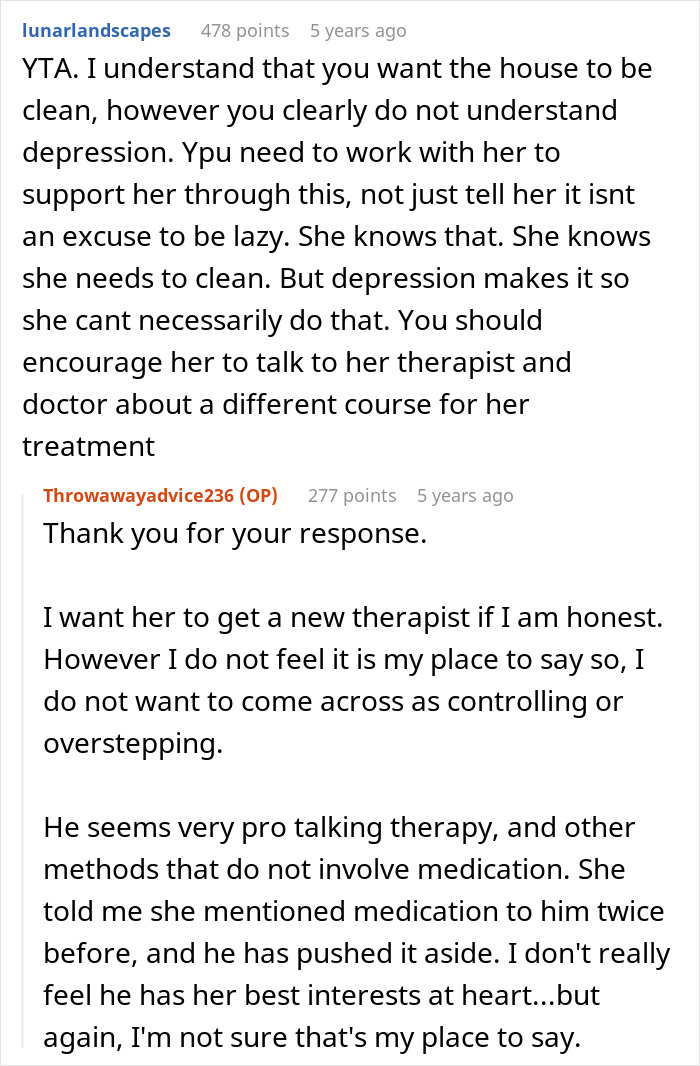

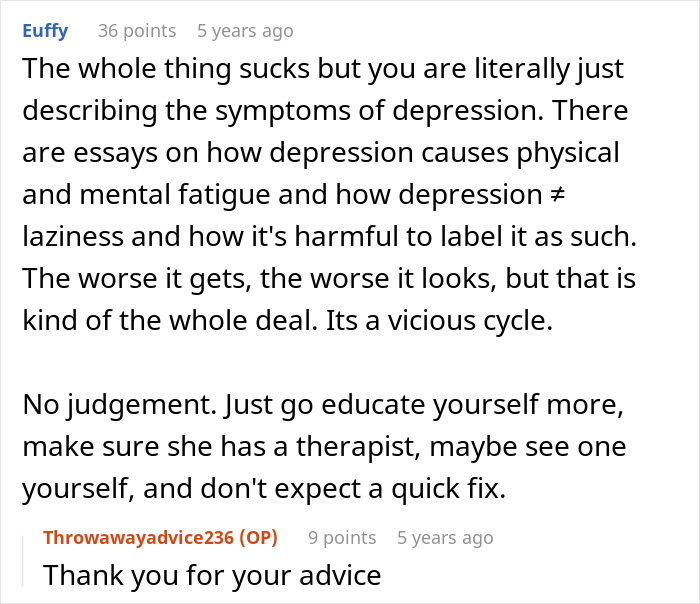
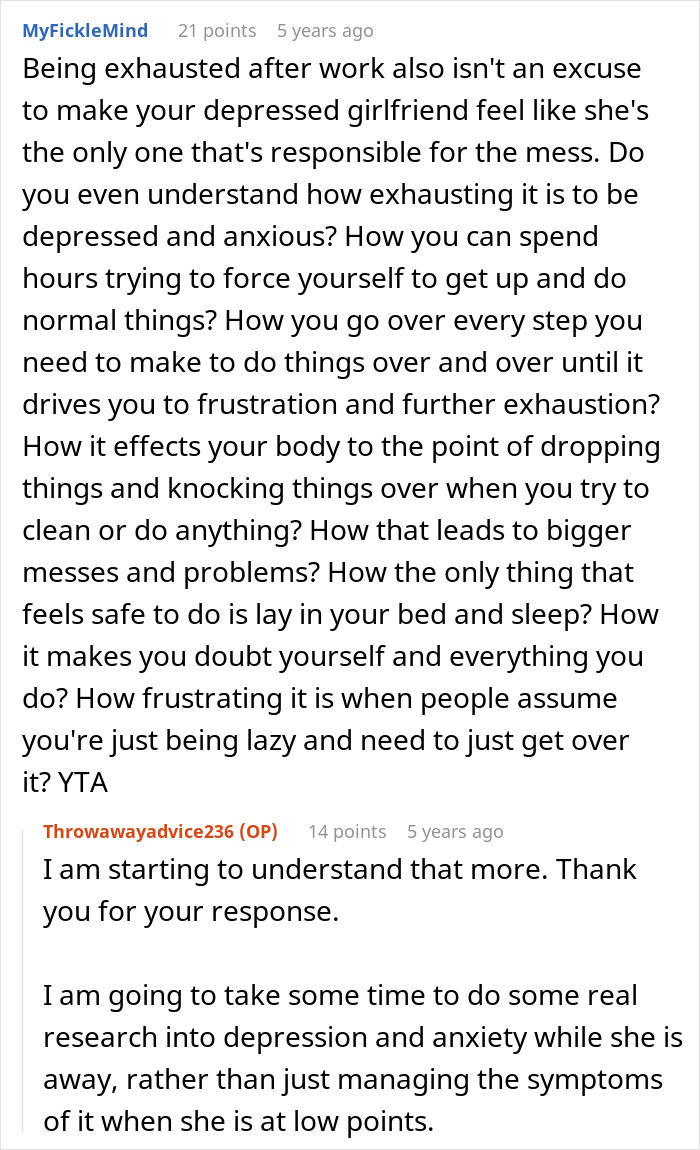
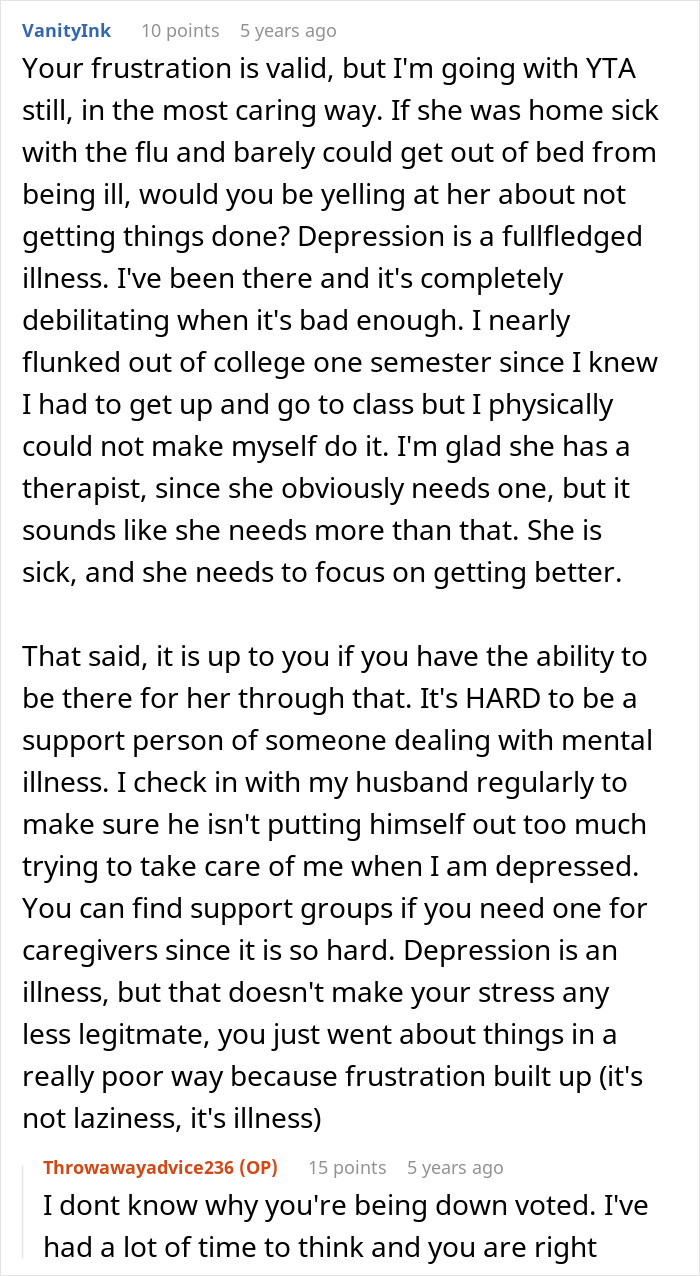
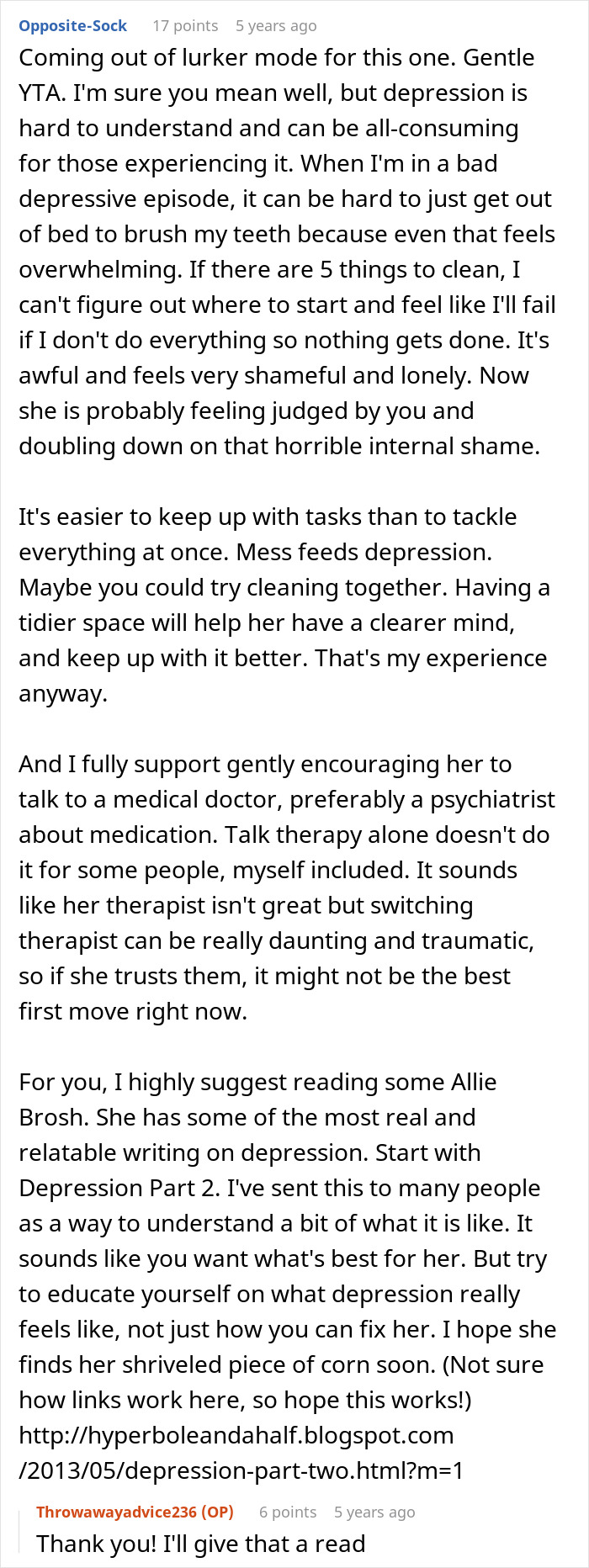
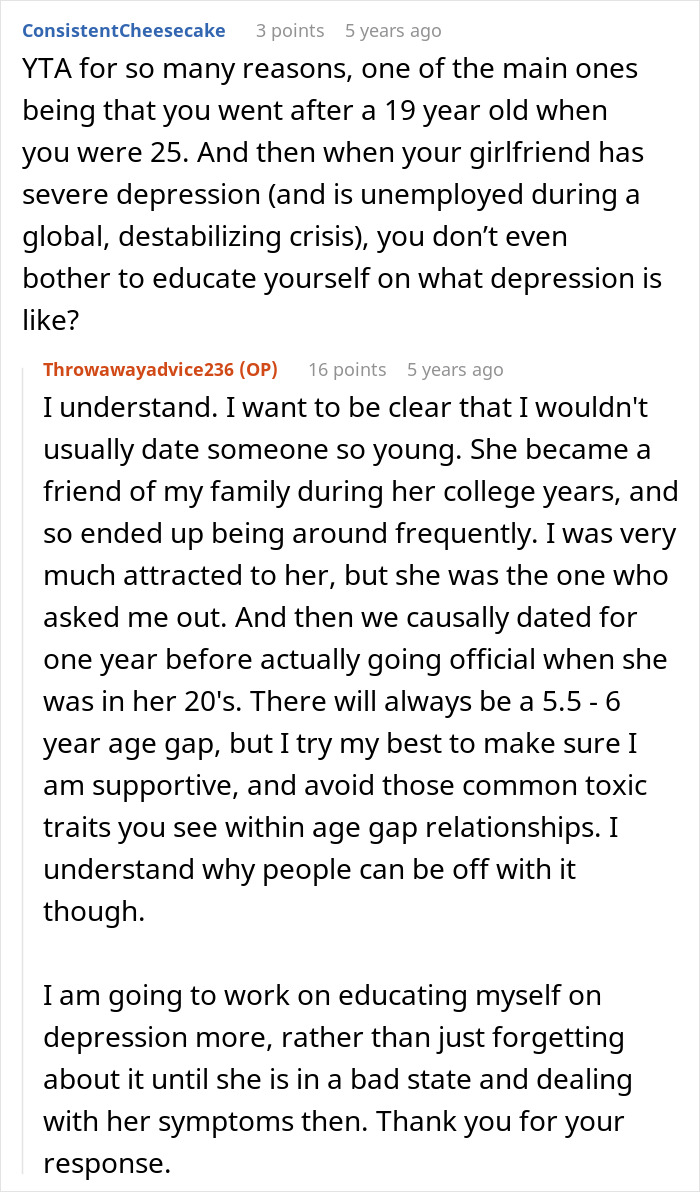
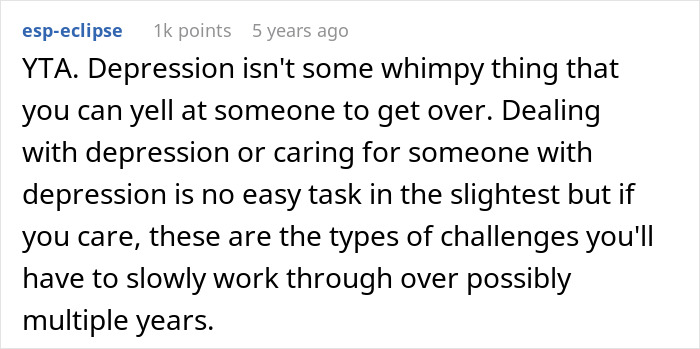
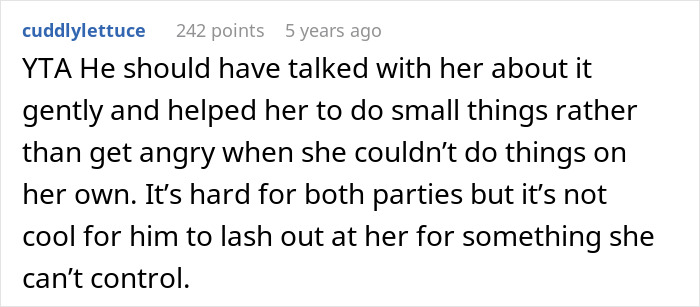
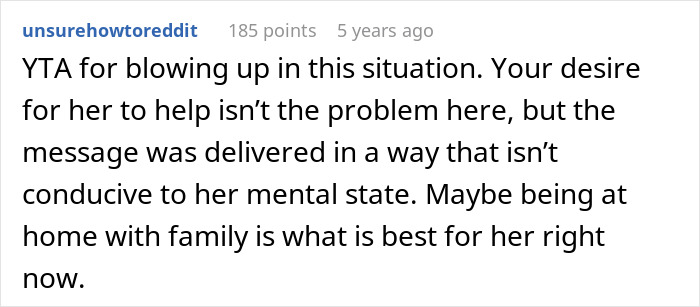
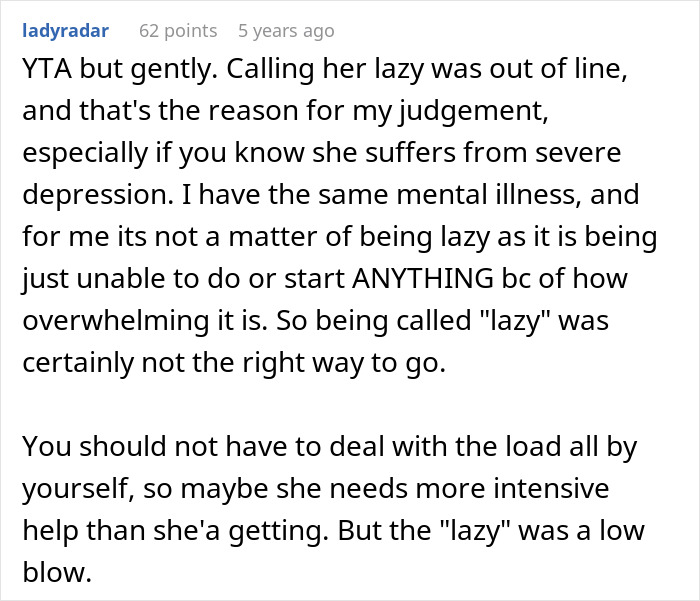

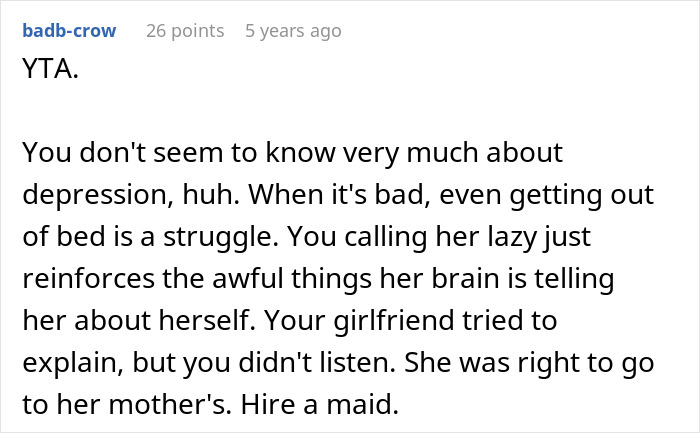

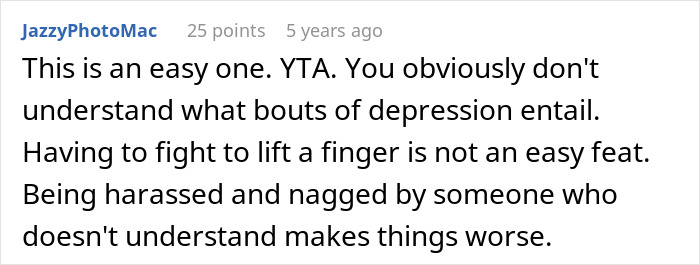
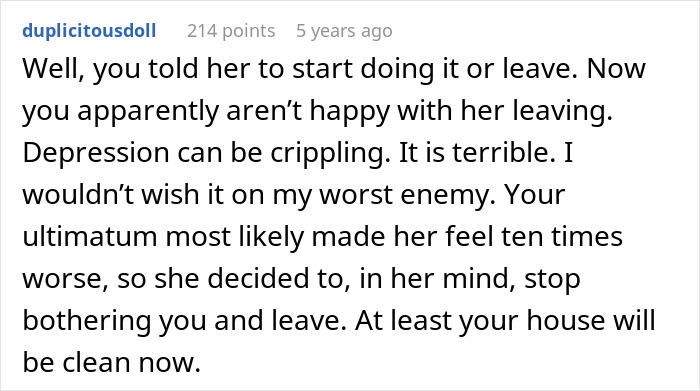
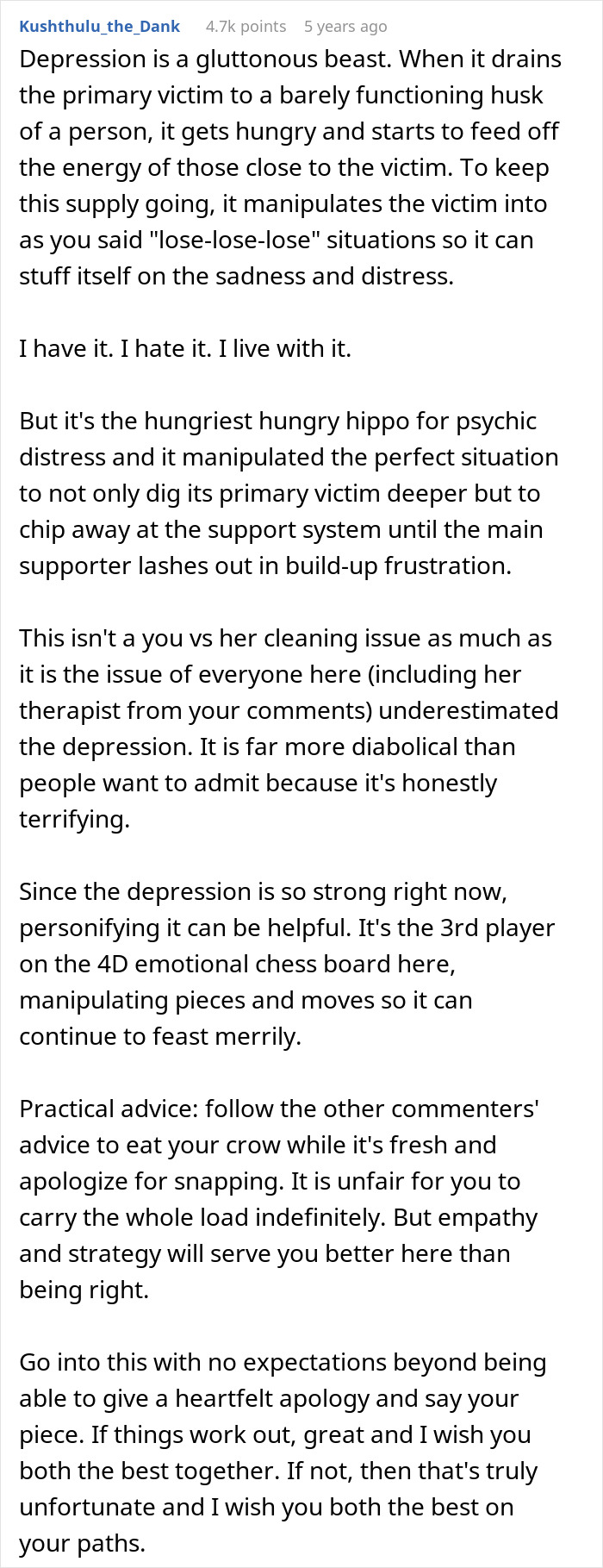
Some saw his point of view
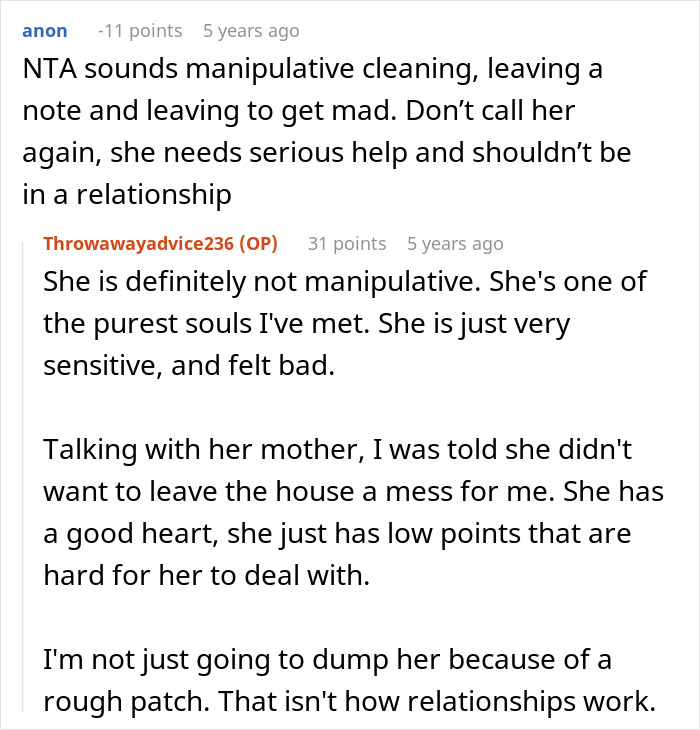
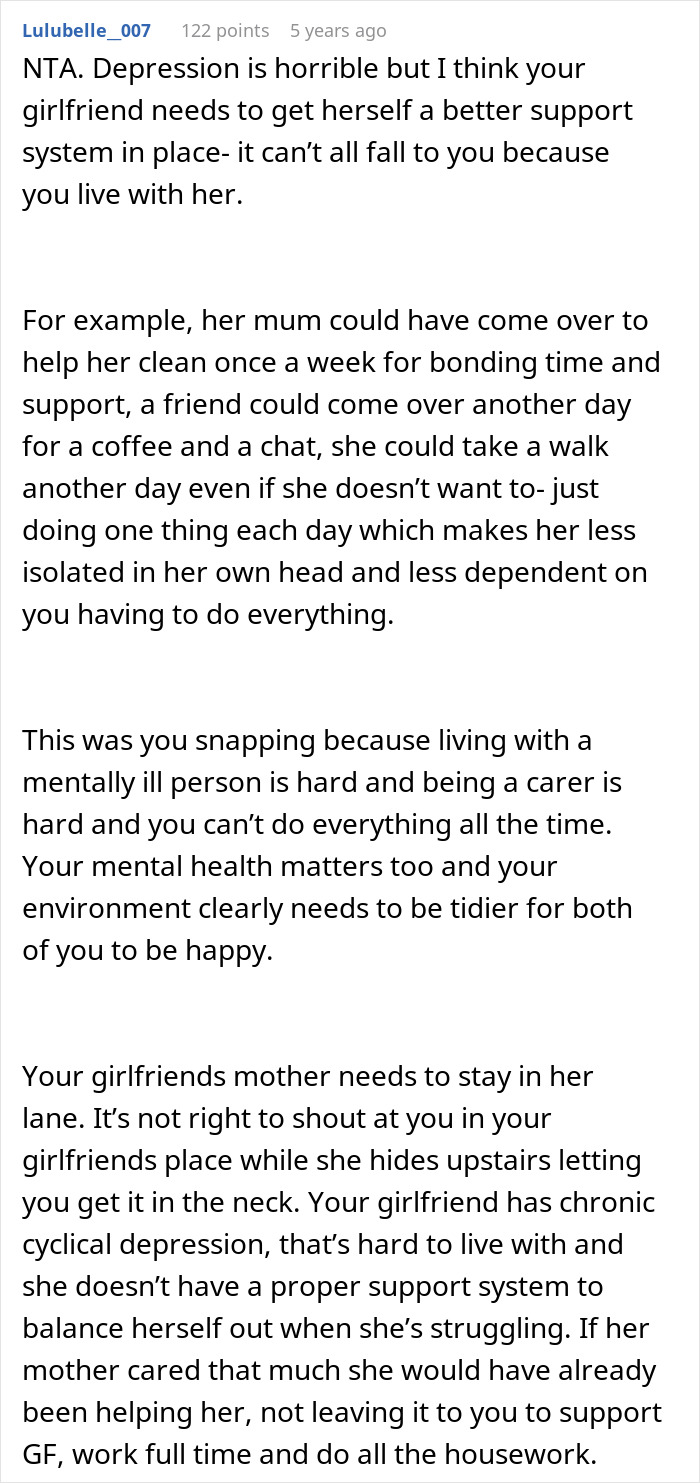

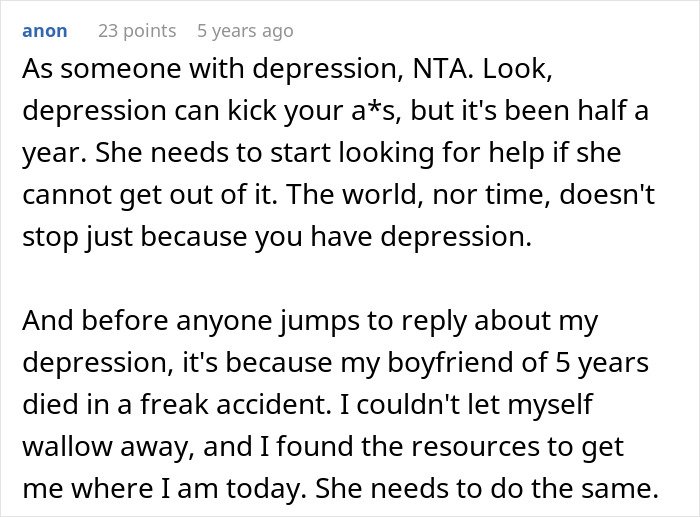
Others thought it was a messy situation and both of them deserved some grace

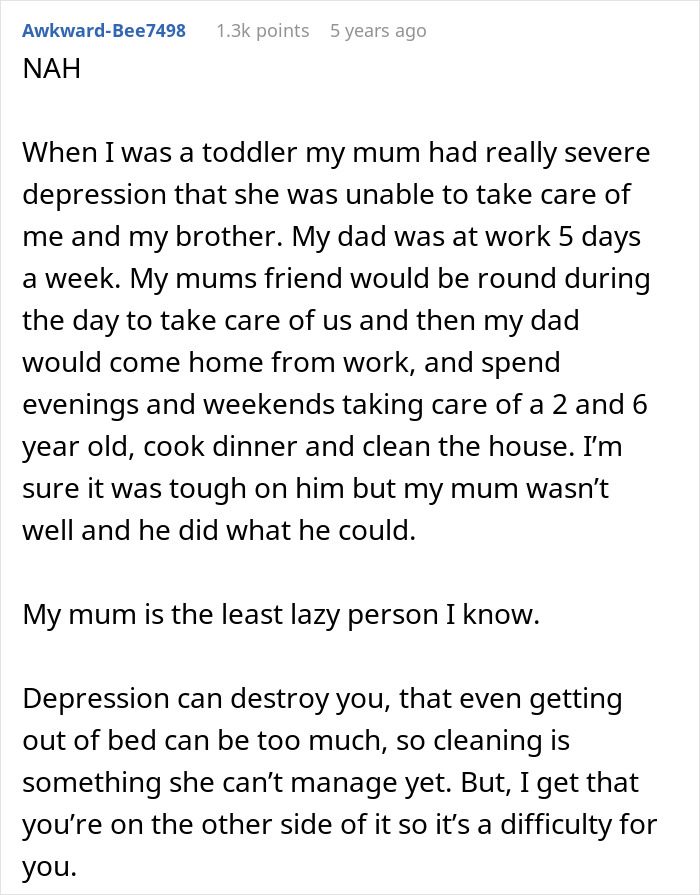

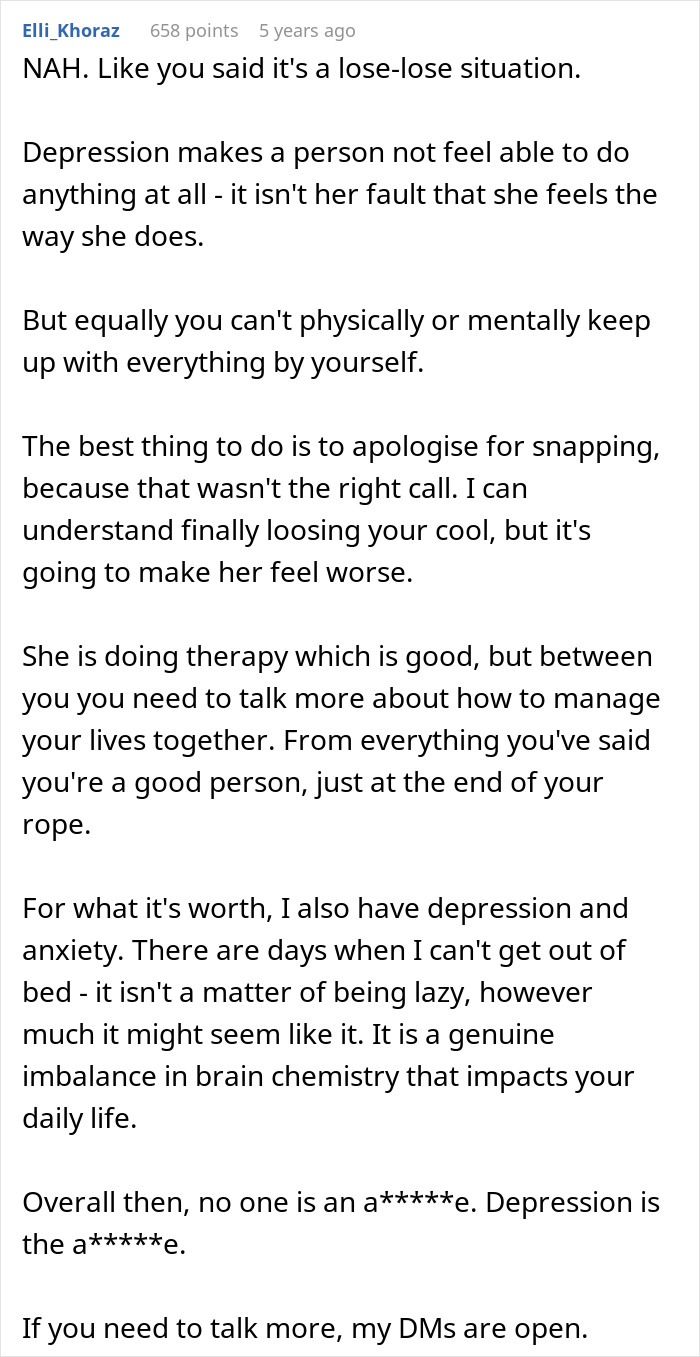
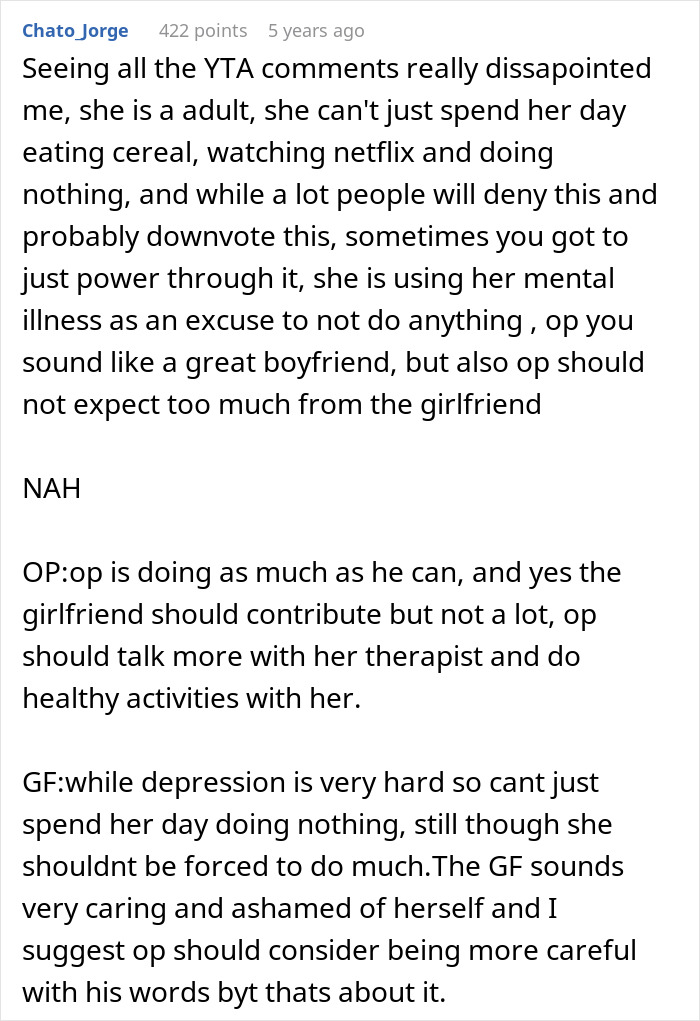

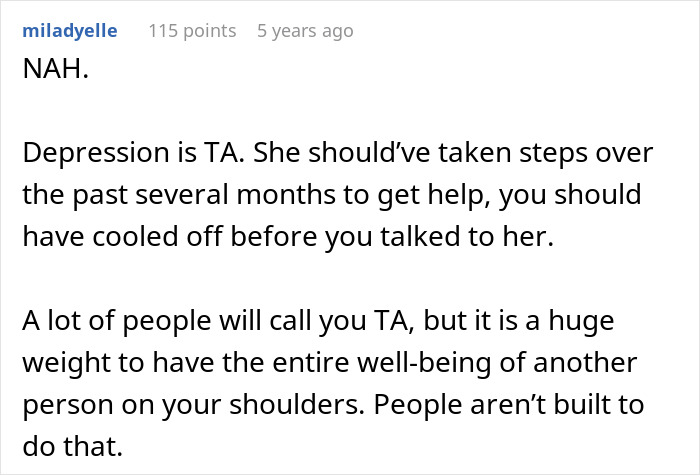
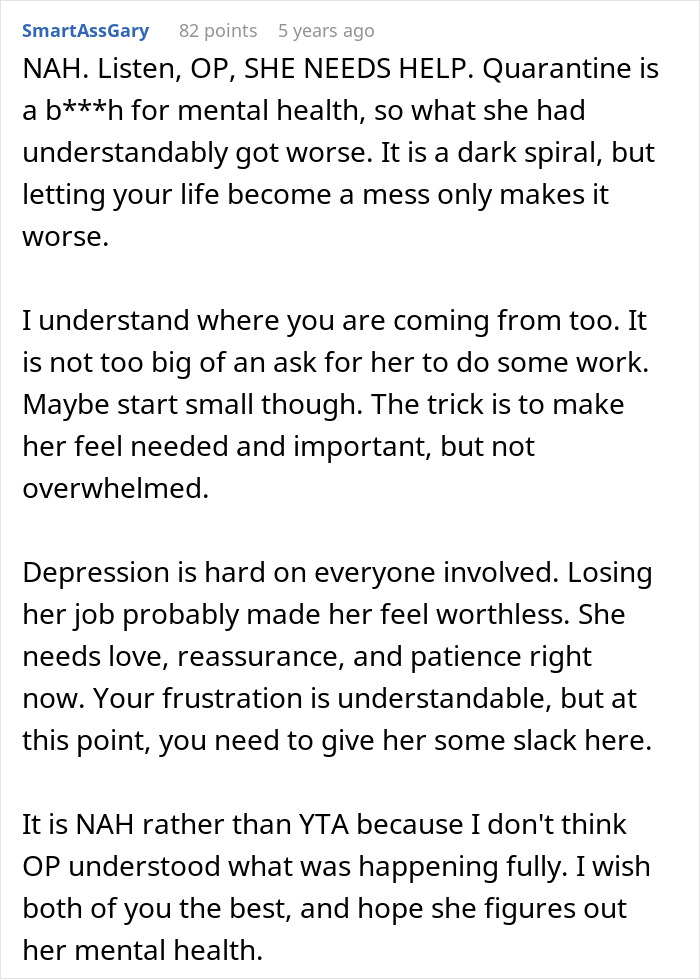

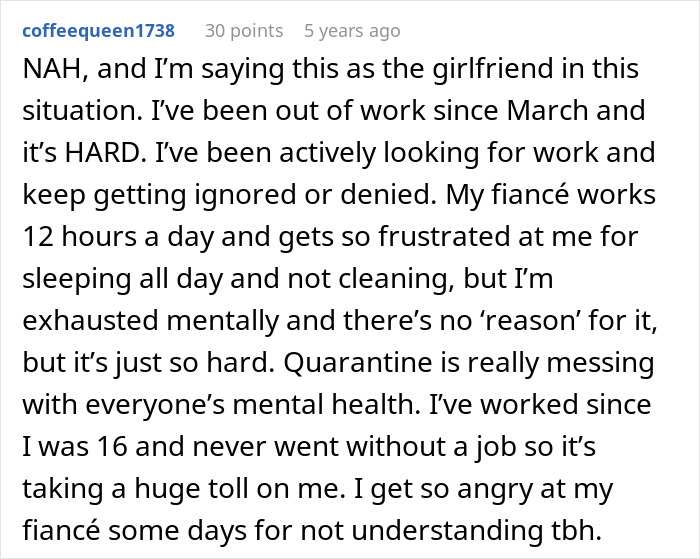
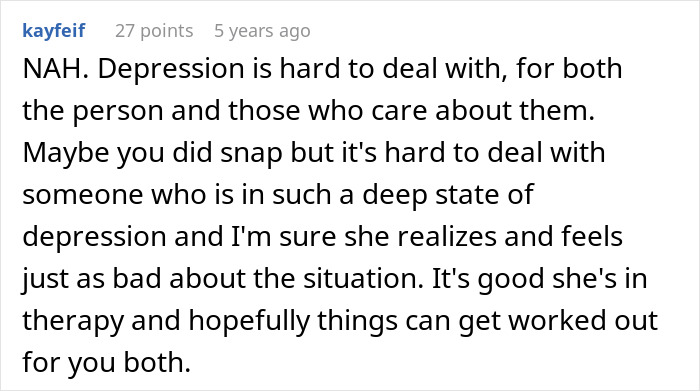
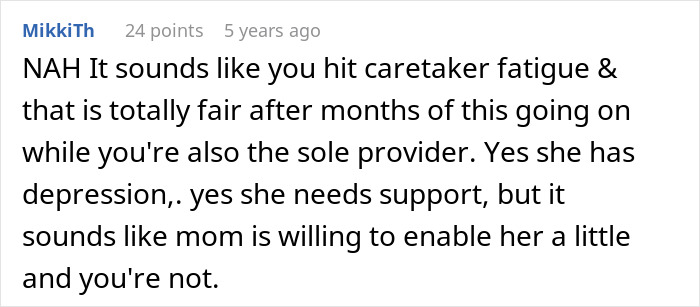
He shared a more positive update later
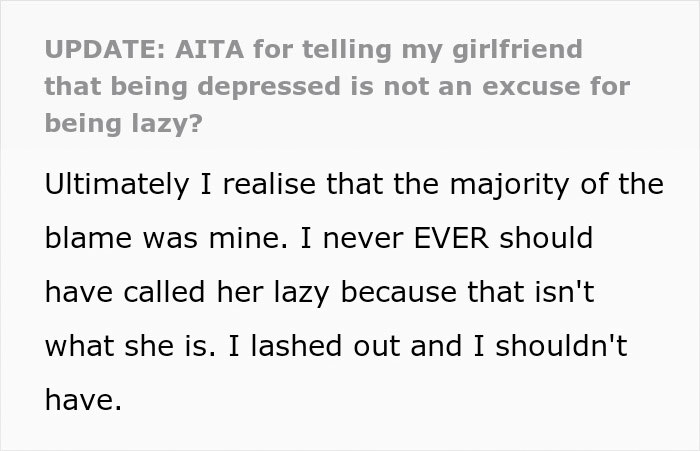


Image credits: Priscilla Du Preez (not the actual image)
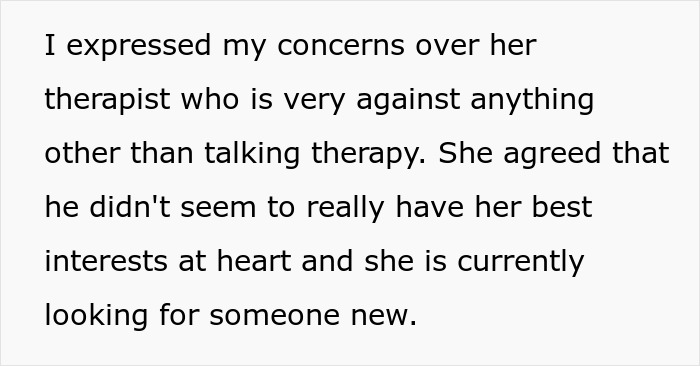
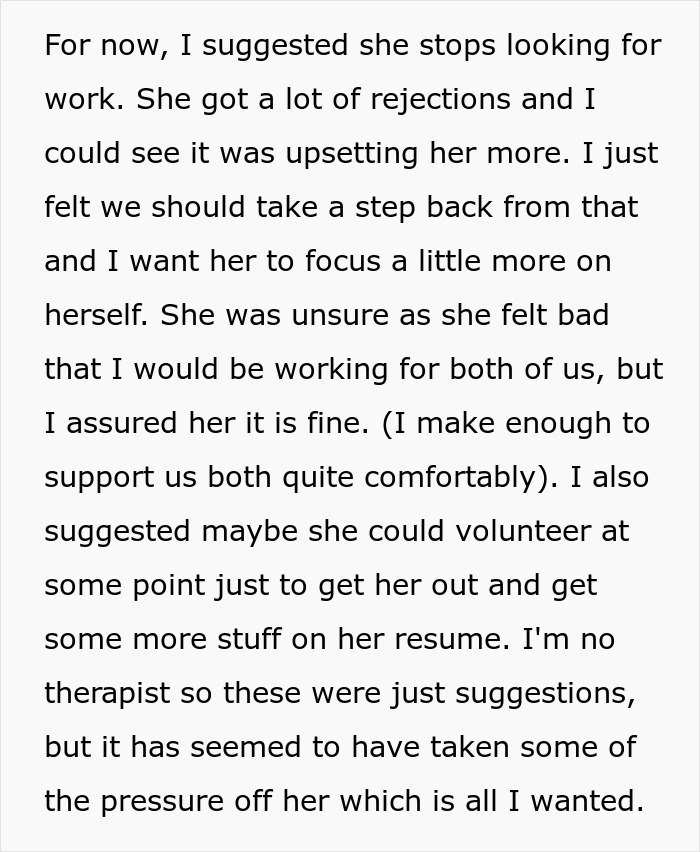

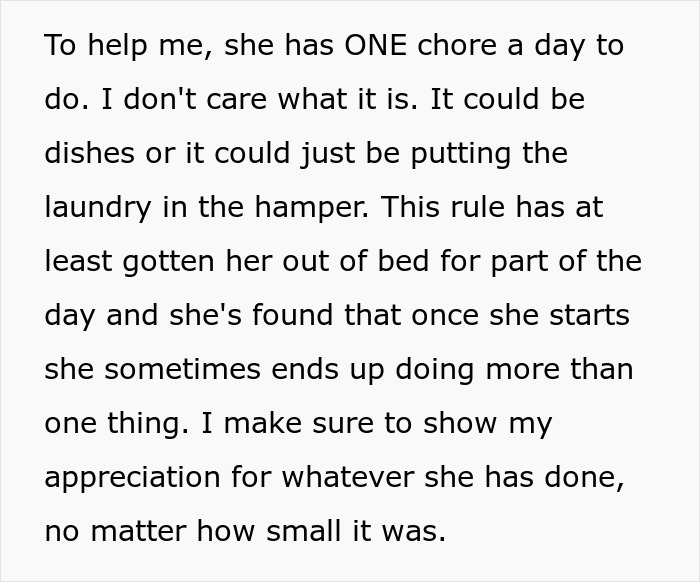

Image credits: cottonbro studio (not the actual image)
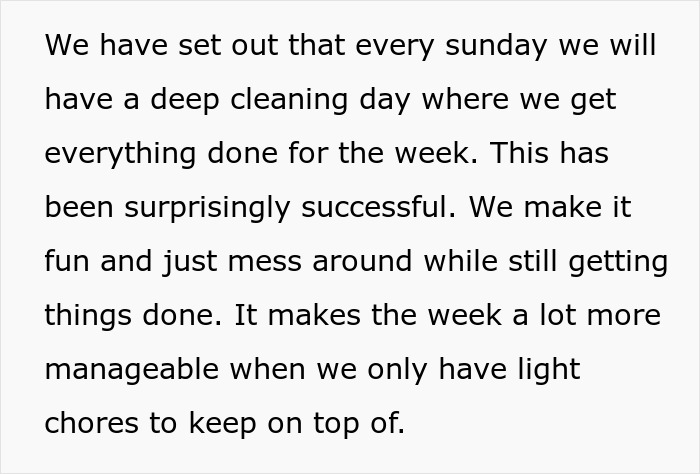


Image credits: Throwawayadvice236
He chatted with some readers in the comments
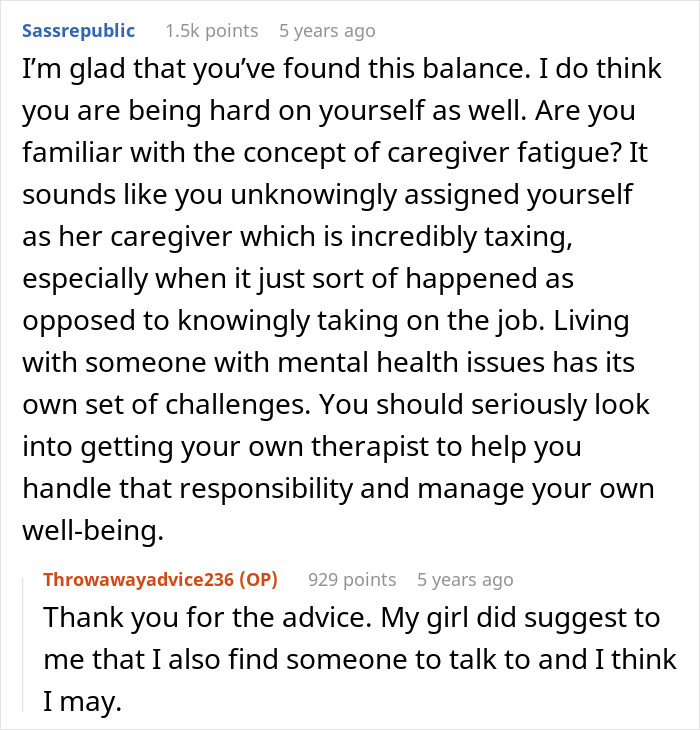

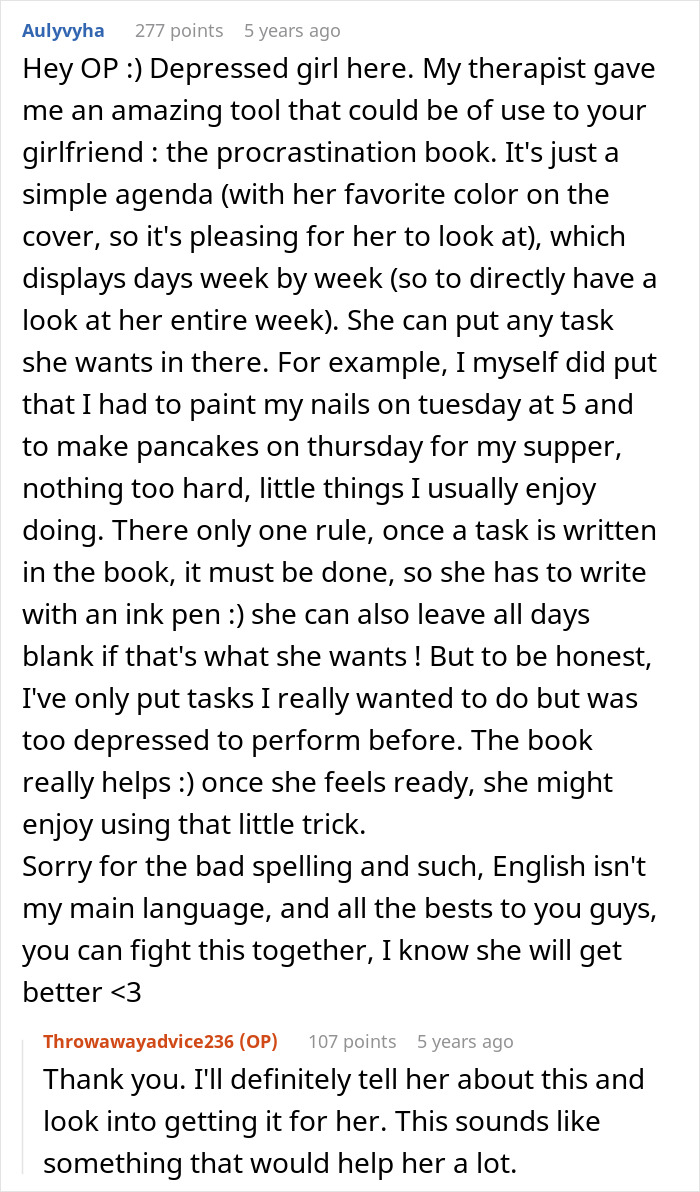
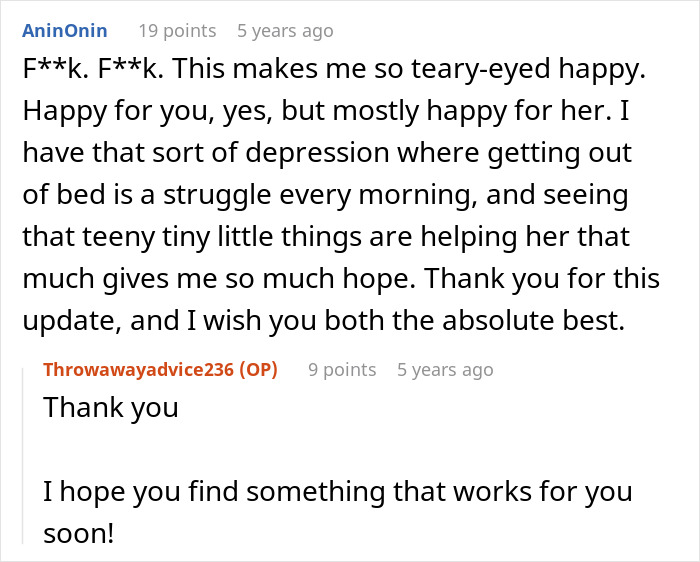
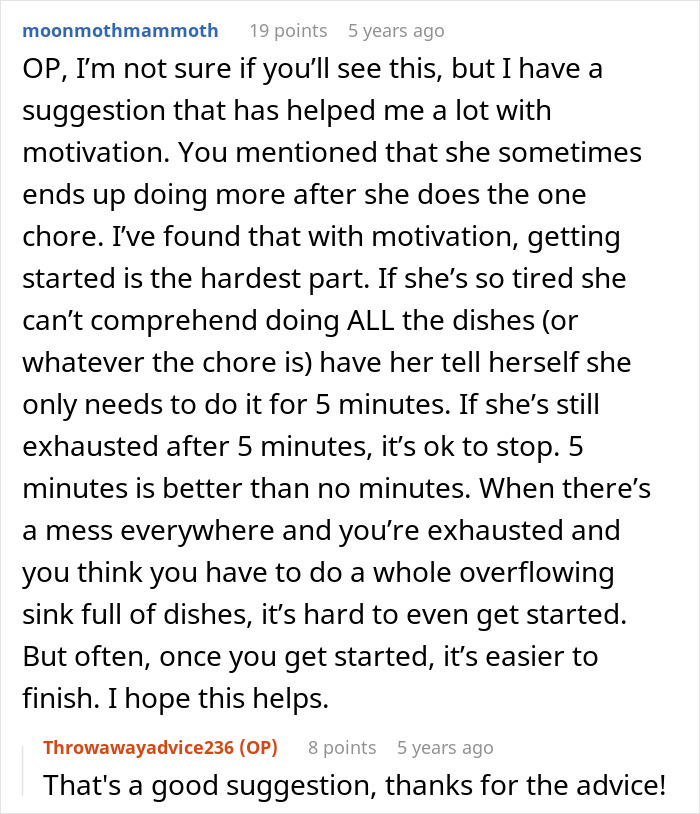

Many were happy they were working on their issues together

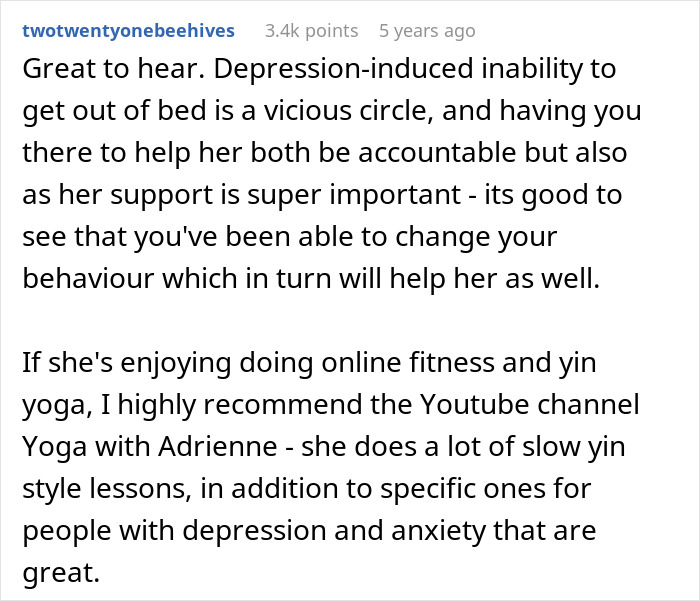


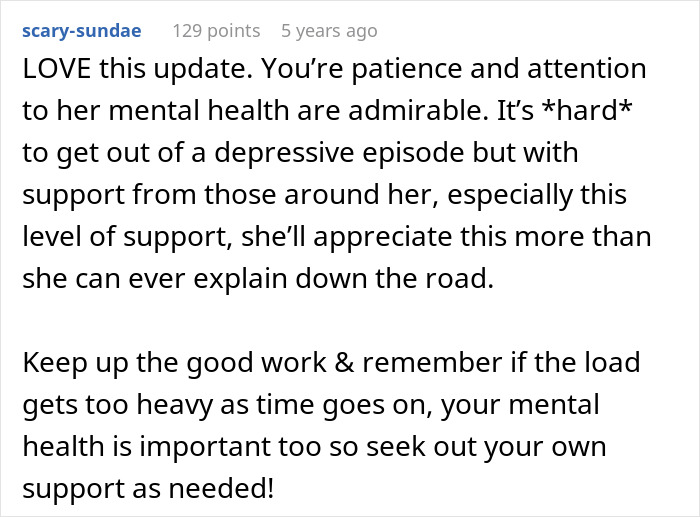

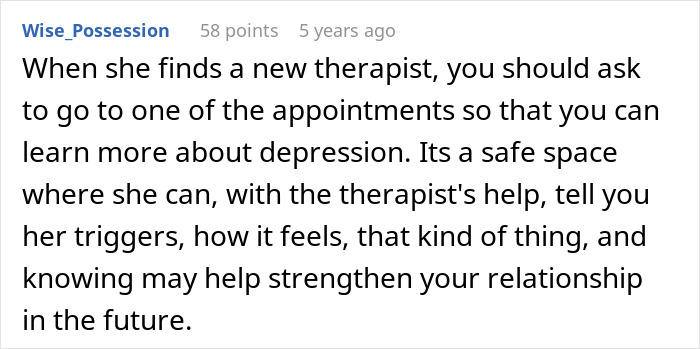
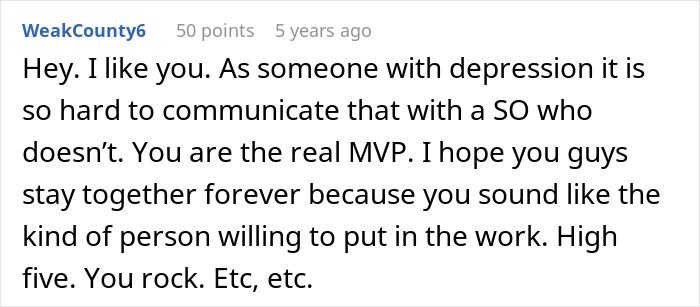
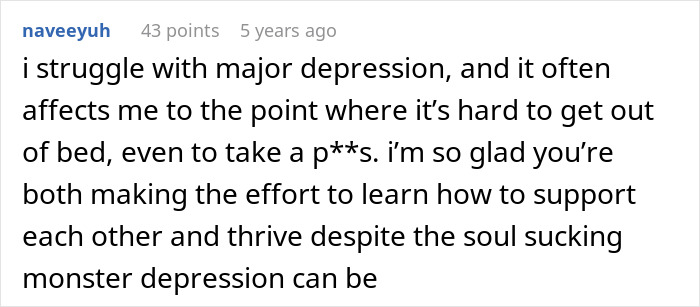
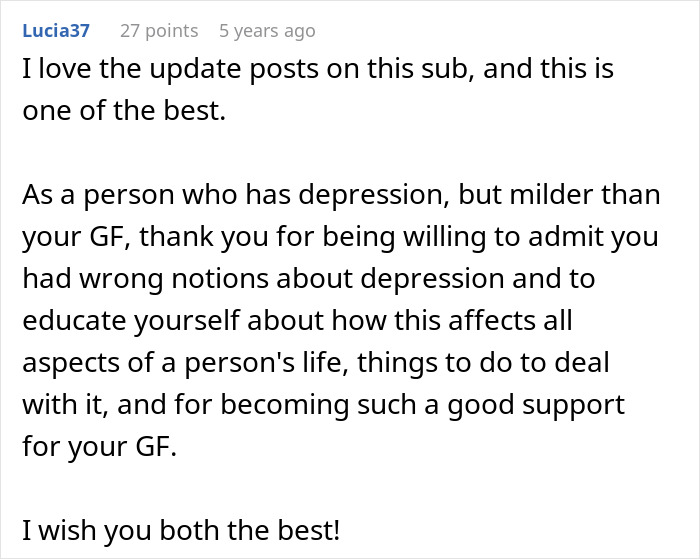
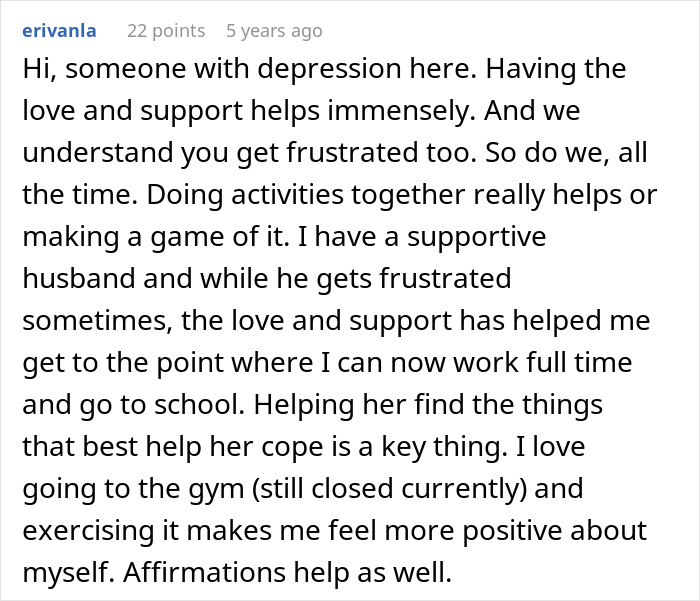
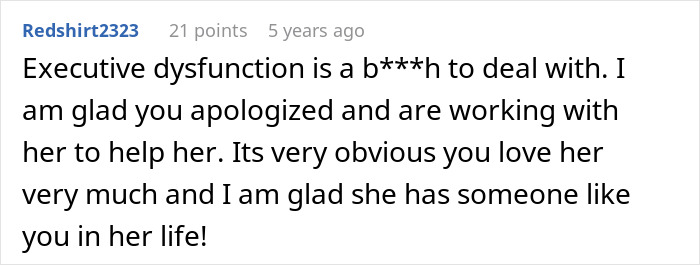

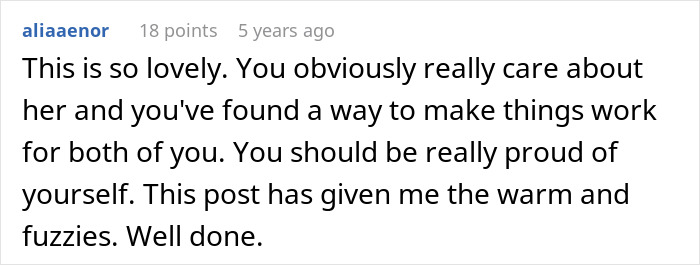
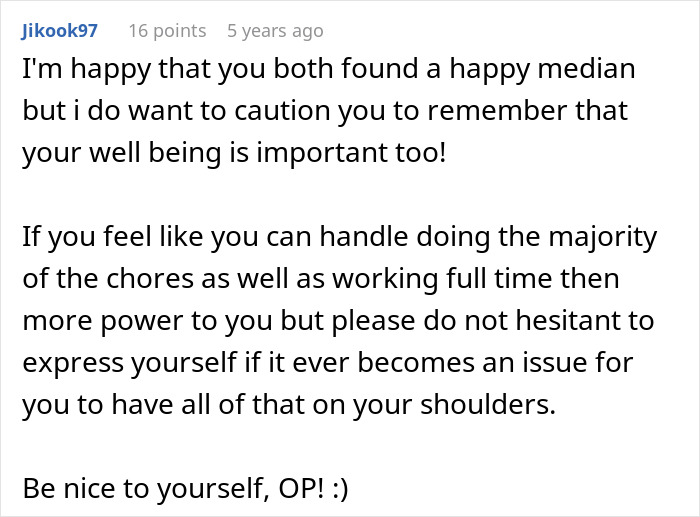


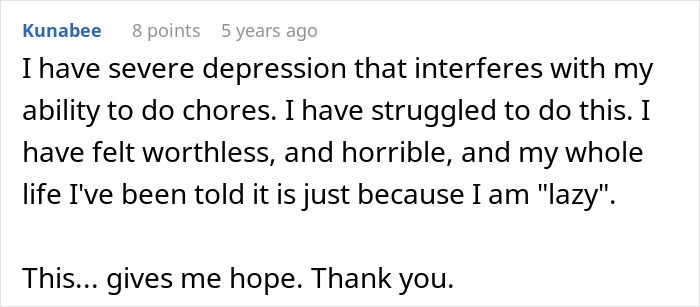
Some readers were still bitter at the story’s resolution

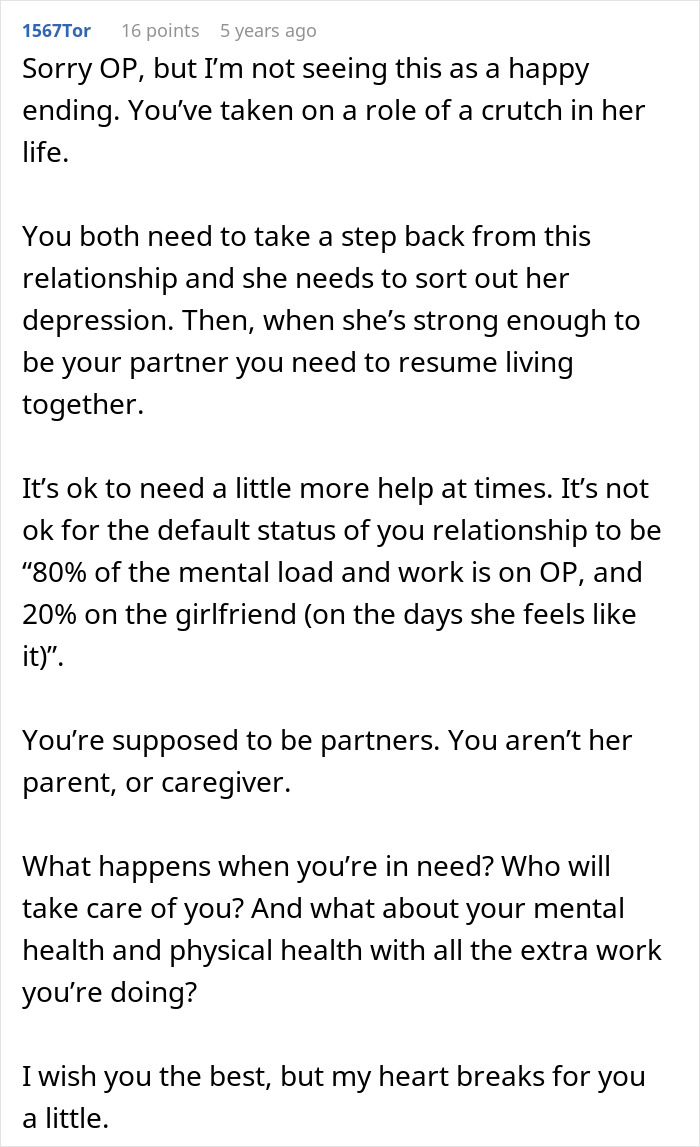

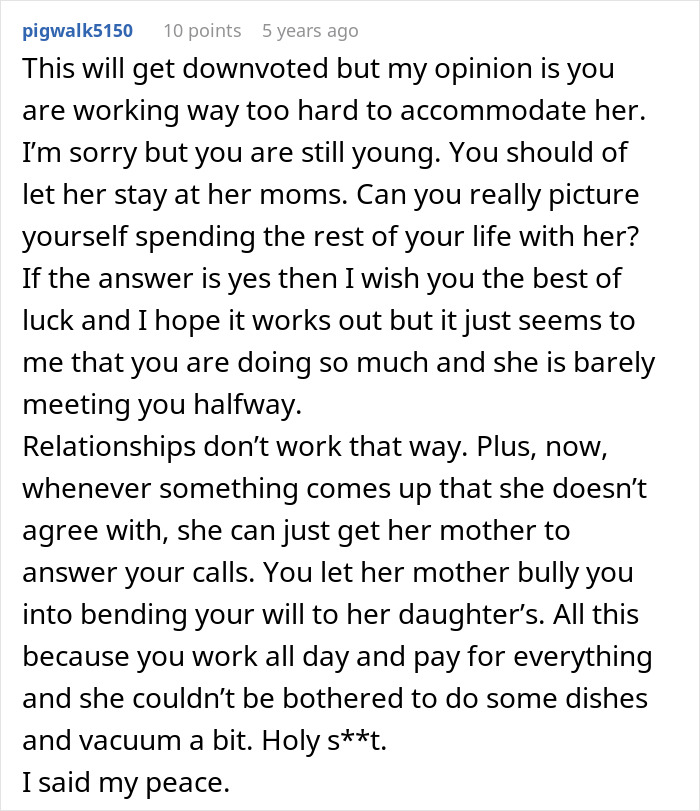
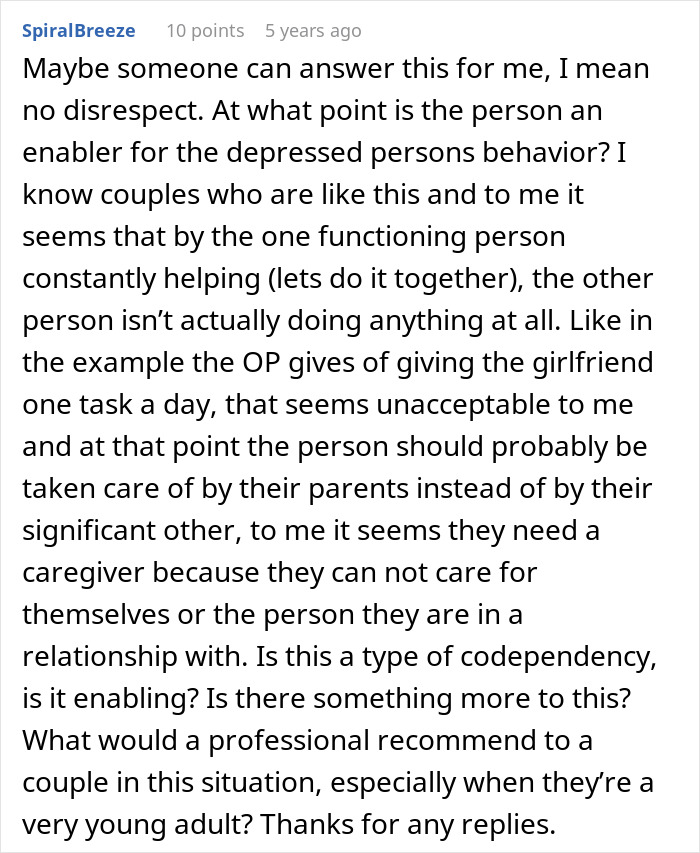
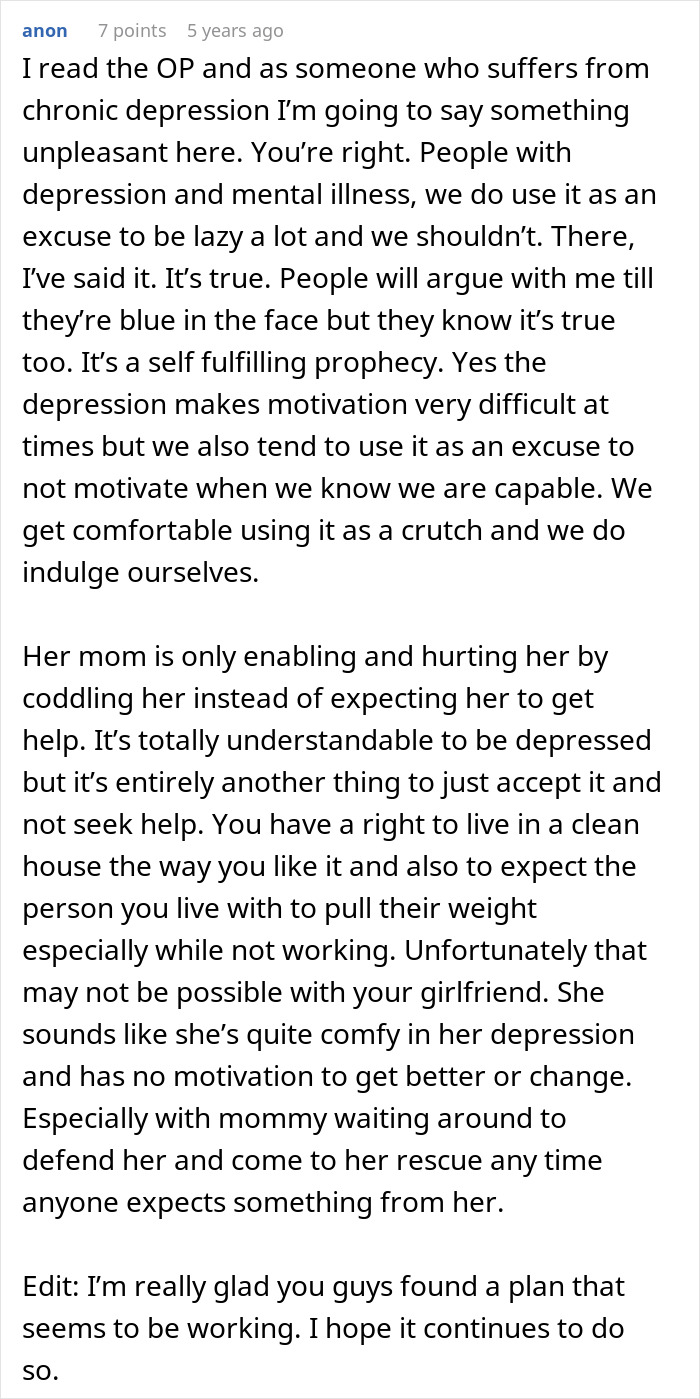
 Follow Us
Follow Us





